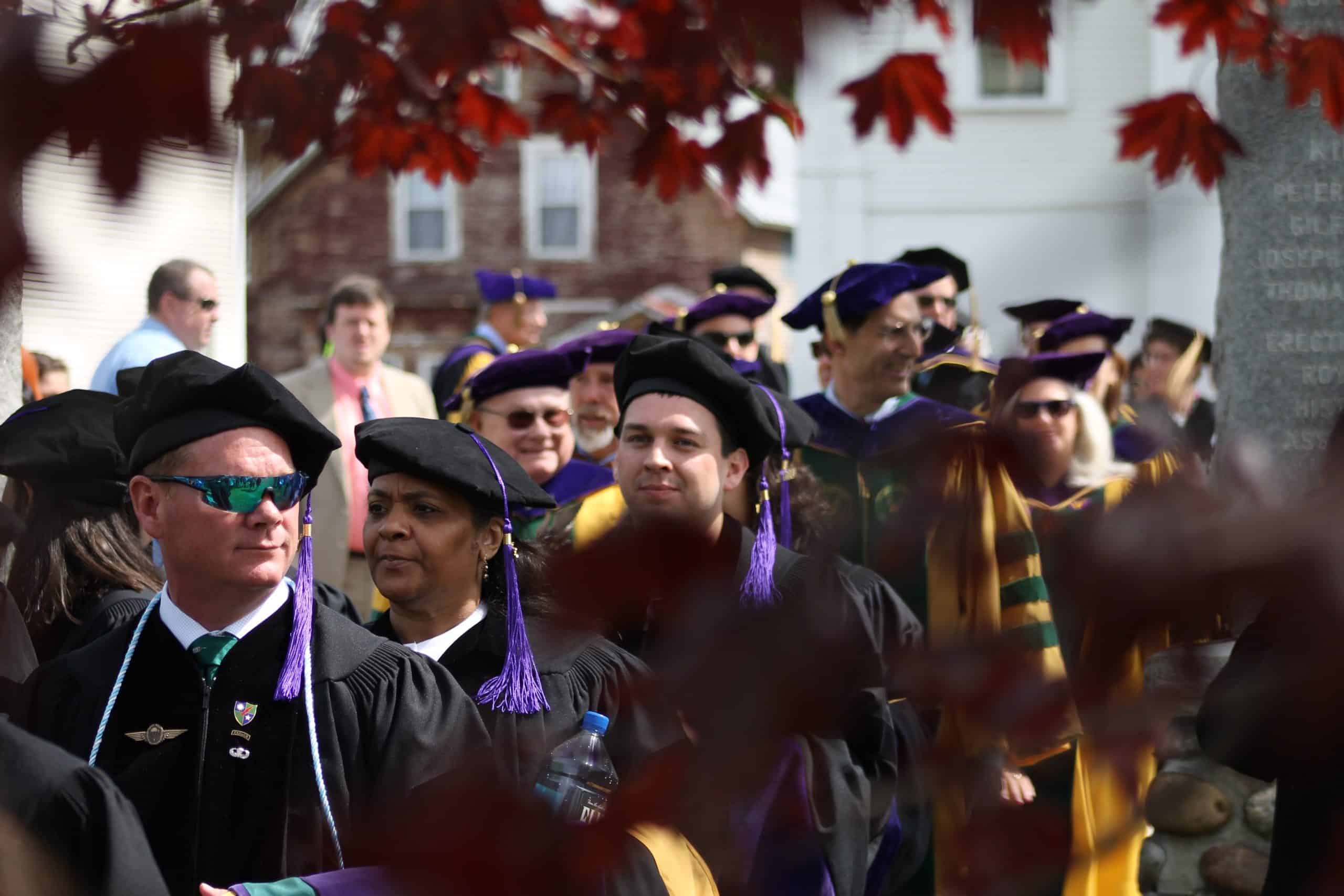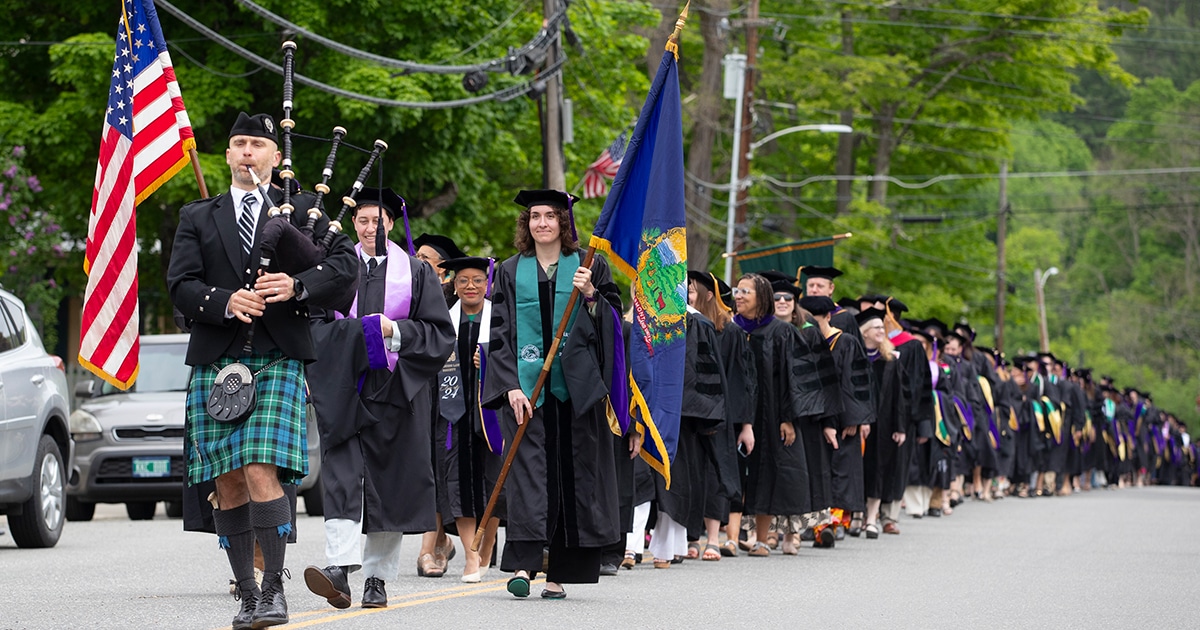
Dr. Martin Luther King Jr. Celebration
Vermont Law and Graduate School presents a Dr. Martin Luther King Jr. Celebration: "Unarmed Truth, Audacious Faith and the Presence of Justice." Carolyn Finney, PhD—scholar and artist-in-residence at Middlebury College—will be this year's guest speaker. The event will be held both in person and livestreamed virtually.









